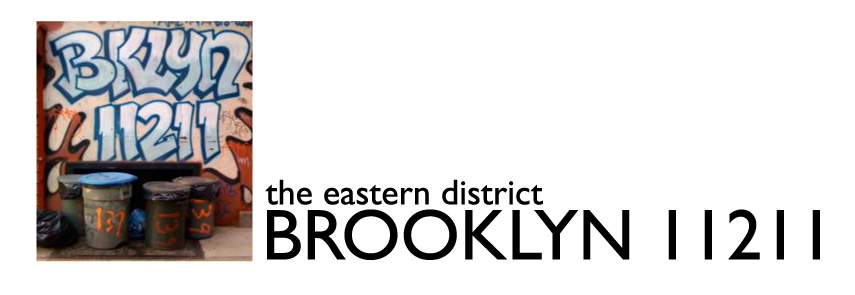This Washington Post article has been getting a lot of play, and from a pretty diverse group of bloggers (like here, here, and here – not to mention every tech blog on the planet). (It also looks as though the suit in question is not over copying CDs, but rather downloading. Regardless, RIAA goes on record saying that copying CDs is illegal.)
None of this should be a surprise – the original drafts of the Digital Millennium Copyright Act tried to make it illegal to copy any digital content. Whether that made it into the final Act, I don’t know, but that was certainly the position of the content-provision industry all along.
And why not? This is an industry whose entire business model for the past quarter century has been based on selling you stuff you already own. In the 80s, they sold you CDs to replace the records you already bought. Every Christmas since, they repackage greatest hits compilations to sell you more stuff that you probably already own. Now they want us to pay to download music that we probably already own in two or three different formats and on two or three different albums. With a business model like that, suing your customers makes a hell of a lot more sense than trying to come up with a quality product worth buying.
